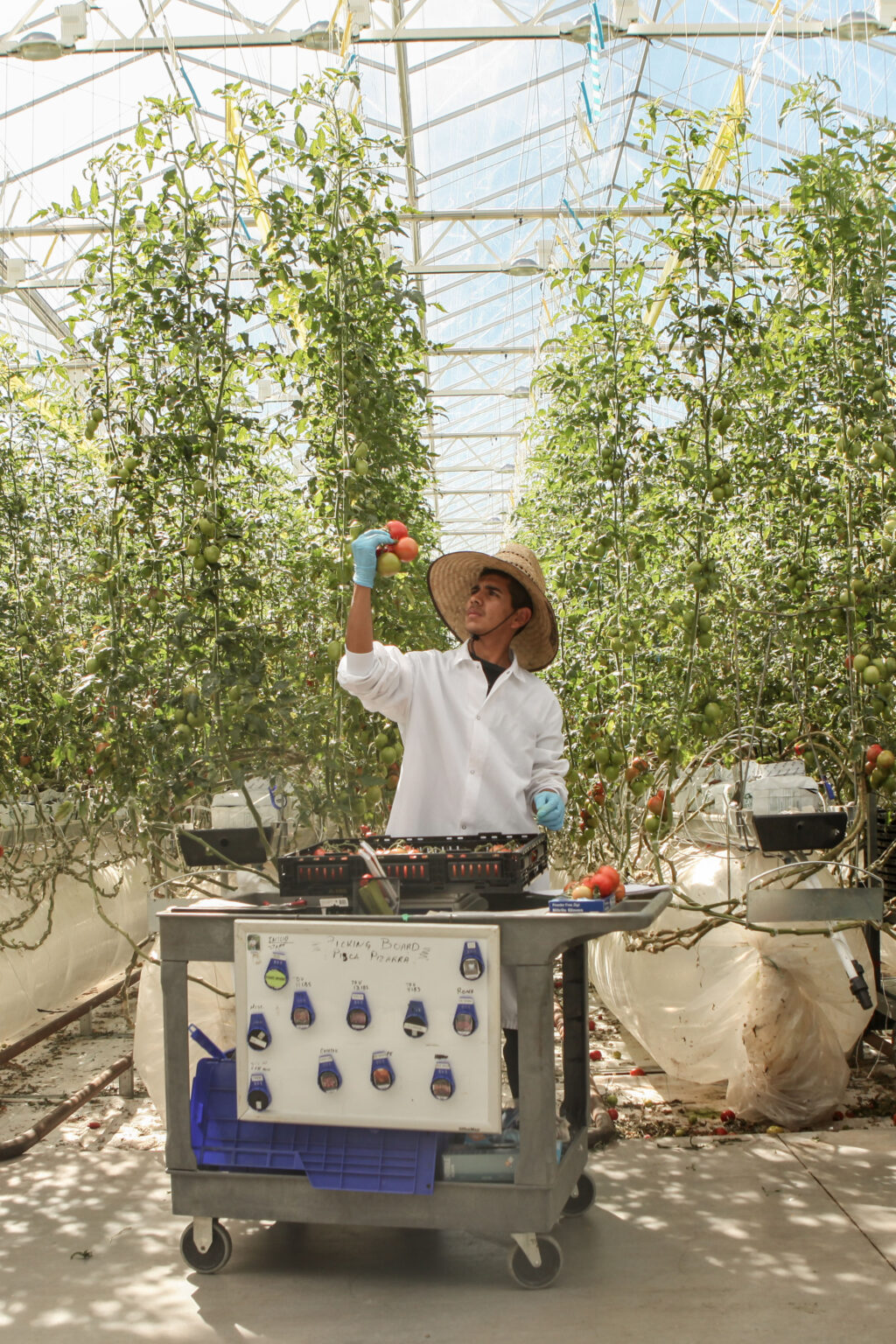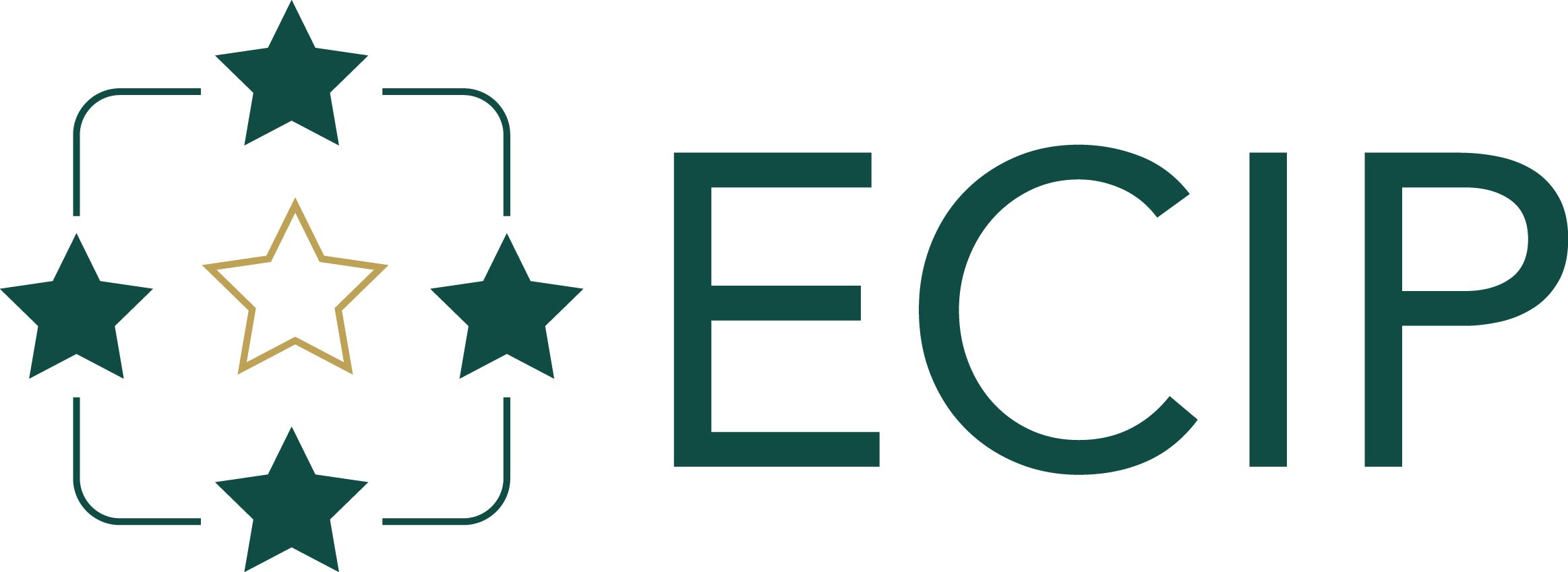Self-assessments can feel like a compliance test, something that will only result in a pass or fail. But when designing the Ethical Charter Implementation Program (ECIP) self-assessment, the “A” in ECIP LAB (Learn, Assess, Benchmark), a different approach was taken. Instead of reinforcing a fixed mindset that can occur in a pass/fail environment, there was an intention to create a space of thoughtful self-reflection, helping users engage meaningfully with their own practices and future development.

The Appreciative Inquiry Approach
Greta Matos, an expert in appreciative inquiry who worked closely with the ECIP team on the development of the questions and the environment in which they are presented, said, “When developing the self-assessment, we embraced an Appreciative Inquiry approach. Traditional assessments can trigger a scarcity mindset, focusing on what’s missing rather than what’s possible. In contrast, Appreciative Inquiry encourages participants to reflect on their strengths, opportunities for growth, and the steps needed to move forward.”
Rather than simply answering a test, ECIP users are invited to consider how their current practices align with the Ethical Charter on Responsible Labor Practices and where they can improve. This shift creates a growth mindset, making the self-assessment a tool for development and continuous improvement rather than evaluation.
Mindful Answer Design
A key challenge was crafting answer options that weren’t just compliance checkboxes but prompts for meaningful discussions within supplier and grower organizations. The responses allow users to identify:
- Where they are performing well
- Areas that need improvement
- Longstanding organizational challenges they are working to address
Matos added, “Recognizing that different operations are at varying levels of familiarity with social responsibility and alignment with the Ethical Charter, the self-assessment provides flexibility. For example, many growers are well-versed in health and safety audits, but responsible recruitment may require them to assess new relationships with Farm Labor Contractors, something that some operations haven’t had to evaluate before. The design accounts for these differences, ensuring that all users can engage with the content in a way that is relevant to their operations.”
Alignment to the Ethical Charter
The assessment was designed not to duplicate the Employer Self-Assessment Tool that is available on the Ethical Charter website. Instead, it prioritizes accessibility by focusing on key management systems that align with the Charter’s principles.
This approach includes highlighting key components of each applicable management system, such as policies and procedures, relevant to each principle, designing questions that connect overlapping management systems, and encouraging users to engage with available resources to develop a functional, evolving approach to ethical practices.

When applied, Appreciative Inquiry transforms management discussions, leaving participants feeling strategic and valued rather than scrutinized. While initial skepticism is common, experience reveals the striking difference between this approach and a traditional audit. With a focus on continuous improvement, the ECIP LAB assessment goes beyond simply checking a box; it serves as a tool for long-term operational success and stronger labor management.

